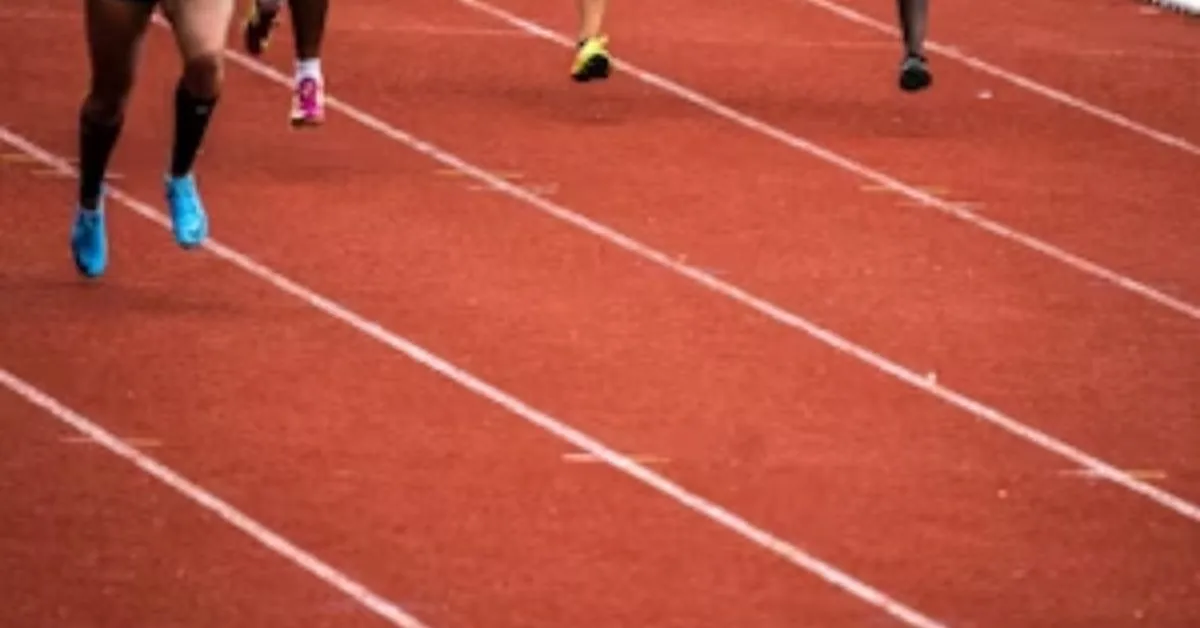A federal judge in Hartford, Conn., has refused to dismiss a case filed by female track and field athletes who claim the state’s policy of permitting biological men to compete in girls’ sports unfairly discriminates against and disadvantages them.
Edmond H. Mahony of the Hartford Courant reports that U.S. District Court Robert N. Chatigny issued the ruling on Tuesday, signaling the continuation of the previously dismissed but reinstated litigation by a federal appeals court. In the following months, both parties are anticipated to argue that they are entitled to Title IX protection, which forbids gender discrimination in federally financed education programs.
“This case presents a direct conflict between two interests protected by Title IX: the interest in providing fair competition for biological females, which has long been recognized as a significant governmental interest under Title IX, and the interest in providing transgender girls with opportunities to participate in girls’ sports, which is now protected by a Connecticut state statute,” Chatigny wrote.
According to Mahony, the suit challenges the Connecticut Interscholastic Athletic Conference’s decade-old policy of allowing high school students to engage in school-sponsored athletics based on the gender identity documented in their school records.
The appeals court described the four plaintiffs as “non-transgender girls,” and they challenged the policy, arguing that it violates the part of Title IX that expands women’s athletics by requiring them to receive funding and opportunities equal to those available to their male counterparts.
In addition to the CIAC, they’re suing five school districts. Mahony reports that the lawsuit grants the right to intervene in the case to two trans athletes, the state Commission on Human Rights and Opportunities, and the United States Department of Education.
The four young women competed against transgender athletes in high school track meets in 2017, 2018, and 2019. Although the four did not always lose, they argue that they did lose significant races because transgender athletes had a “physiological athletic advantage.”
The allegedly unfair competition prevented the four from proceeding to higher stages of competition, such as final heats in championship contests, and they said it jeopardized their hopes of competing in college.
The four are seeking financial compensation from the CIAC, as well as a court order directing the CIAC to remove transgender athletes’ names from state sports records and rerank titles and places of non-transgender competitors.
Based on the evidence presented, Chatigny stated that the four female athletes argued “plausibly” that the failure to “provide them with sex-separated competition deprived them of high-quality competitive opportunities” and “in effect, decreased the number of competitive opportunities available to female athletes.”
However, Chatigny stated that the CIAC and the cities listed in the litigation asserted that Title IX legally compelled them to permit transgender athletes to compete, citing their interpretation of the term “sex” in the law as grounds for discrimination prevention. The state’s athletics governing organization and towns contend that the Title IX definition of sex “encompasses gender identity and thus protects transgender girls as well as biological girls.” The four female athletes argue that the phrase has a clear definition, referring only to immutable biological features related to reproduction.
Mahony’s findings indicate that the widely accepted concept of sex during the 1972 passage of Title IX was based on unchanging biology. However, he stated that based on his analysis of relatively new federal appellate law, which is still open to judicial review, he “assumes” that discrimination based on transgender status violates Title IX.
Since both sides in the dispute have convincing arguments that they are covered by Title IX’s anti-discrimination provisions, Chatigny stated that a method of balancing the opposing rights must be devised. In April 2023, the judge dismissed the lawsuit on procedural grounds. He stated, among other things, that there was no longer a conflict to address because the transgender athletes had graduated from high school.
A year ago, the full United States Court of Appeals for the Second Circuit reversed Chatigny, with seven concurring and dissenting decisions. It stated the four high school girls had argued persuasively that they suffered “a specific, particularized, and actual injury’ that could be “redressable by monetary reparations and an injunction compelling defendants to amend certain sports records,” Mahony reported for the Courant.







Leave a Reply